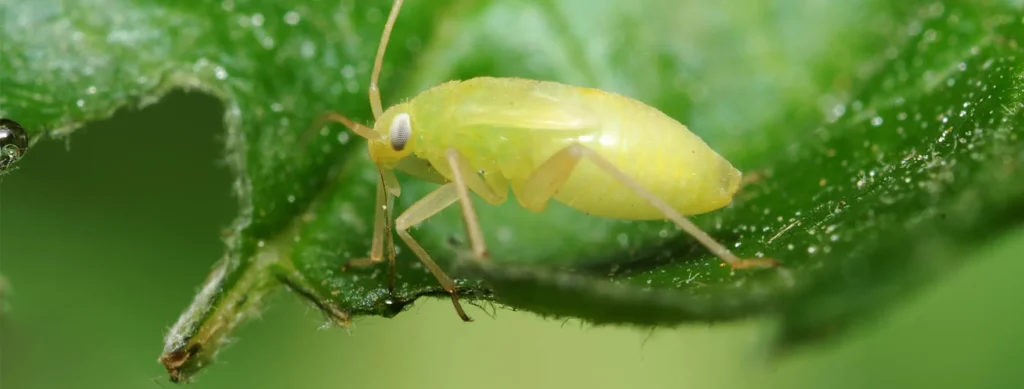Researchers from Colorado State University, Cornell University and the USDA have found that a rare cannabinoid called cannabidivarinic acid (CBDVA) significantly reduces aphid populations, suggesting it could serve as a natural insecticide for hemp and cannabis crops.

In the study, published in the Journal of Cannabis Research and archived by the National Library of Medicine, scientists tested hemp genotypes with varying levels of CBDVA to examine their resistance to cannabis aphids and green peach aphids. Aphids were significantly more abundant on plants with low levels of CBDVA, while those with high levels of the cannabinoid had dramatically fewer pests and more trichomes—hair-like structures that can help defend plants.
To further confirm CBDVA’s role, the team conducted feeding trials by supplementing aphid diets with CBDVA. Cannabis aphid reproduction dropped from over 100 nymphs on untreated diets to fewer than 20 when CBDVA was added. Green peach aphids showed a similar decline, with fecundity dropping by over 80%.
The findings suggest that CBDVA not only plays a role in natural plant defense but could also be developed into an environmentally friendly pest control agent, particularly in organic farming systems where synthetic pesticides are not used.







